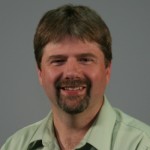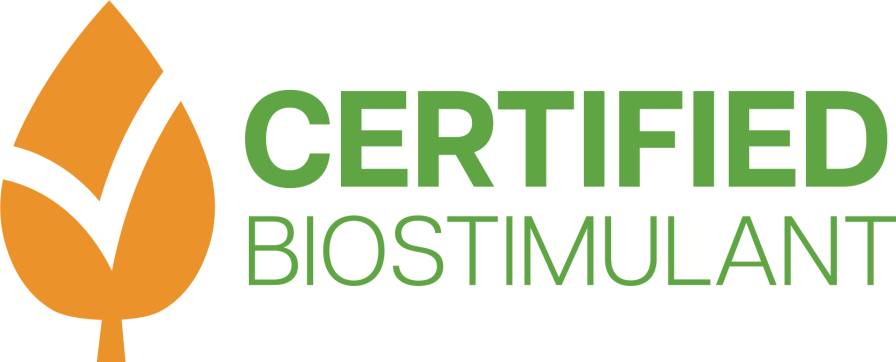Take Three Days to Work on Your Precision Services Business
The PrecisionAg Professional Accelerator program kicks off on June 26 in Brookings, SD.
For more than two decades, retailers have struggled to convert precision services into reliable profit centers. How can the precision services manager create and communicate value to farmer clients, and get the organization fully behind a service-based sales approach? And, how does a manager know whether or not the program has been fully optimized?
From business basics to program benchmarking, the PrecisionAg® Professional Accelerator program will illustrate the pillars of a high-functioning, service-focused precision service organization through presentations, group exercises, and roundtable discussions. Attendees will leave with actionable ideas for making improvements to their precision programs and approach to management.
The program is being held June 26-28 at the Swiftel Center near the campus of South Dakota State University in Brookings, SD.
Here’s a summary of what attendees will experience at the Accelerator:
 Day 1: The opening afternoon sessions will serve to “set the table” for the two days of training to come. The kickoff session, featuring Bruce Erickson from Purdue University and John Shanahan from Fertigen, will feature a discussion on what the optimized precision services program should look like. Session Two will highlight a research project conducted by South Dakota State University looking into what approaches service providers are actually taking today, and invite attendees to share their own successes and pain points with their precision programs.
Day 1: The opening afternoon sessions will serve to “set the table” for the two days of training to come. The kickoff session, featuring Bruce Erickson from Purdue University and John Shanahan from Fertigen, will feature a discussion on what the optimized precision services program should look like. Session Two will highlight a research project conducted by South Dakota State University looking into what approaches service providers are actually taking today, and invite attendees to share their own successes and pain points with their precision programs.
Day 2: The pivotal second day of the PrecisionAg® Professional Accelerator program dives deep into the business of precision agriculture services, driven by Dr. Michael Boehlje of Purdue University. A full day of presentations, case studies, and group exercises are designed to help you move through a clear understanding of the challenges toward real ideas for improving your program.
The day starts with a discussion of the precision program and its role in modern farming production, which Boehlje relates more closely to traditional manufacturing. “We describe growing crops through precision production as ‘biological manufacturing,’ or the interface between nutritional technology, agronomics, and the various sensing, monitoring, and measuring technologies being utilized in crop production,” he says. “It’s how we manage the systems and intervene in real time to control and enhance the growth process.”
Boehlje will then provide some real-world context for this concept via a case study and interview with the progressive, South Dakota-based cooperative Agtegra. “This will start us down the road of developing a business model that creates and captures value for both the farmer-customer and the ag retailer,” says Boehlje.
Next, Boehlje will guide attendees through the process of how to evaluate and replicate best practices for improving a precision program. “There must be the recognition that a precision ag program is not just a cost center, or something you build into the existing cost structure,” says Boehlje. “There needs to be direct and indirect revenue streams from service fees or additional product sales, as well as costs. We will think strategically about the market and customer needs and how to best organize the business to meet and exceed customers’ expectations in getting the job done that he/she has hired us to do. Through group discussion and individual exercises, Boehlje will work to get attendees to think about individualized solutions for each attendee’s businesses.
The day’s work will focus on how to create a more effective precision program by creating a clear value proposition for customers, and a profit center for the retailer. A second case study from Farmers Cooperative, Martel, NE, will close out the day. “Attendees will work through a questionnaire that explores key questions they need to answer about their precision programs: What makes customers happy? What problems are their customers trying to solve? What is preventing them from getting the job done themselves, making them want to hire you? What kind of product and service offerings would be useful to relieve those pains and create business gains for you? We really want attendees to focus on sitting at the customer’s side of the desk and thinking about the business from their perspective. They must figure out what the customer needs, and whether they have the technology and staff to deliver.”
Day 3: Phil Ramsel of P&C Ramsel Enterprises, LLC delves into the challenges of precision program staffing and personnel management, interdepartmental cooperation, and maintaining precision program momentum.
In the morning, Ramsel will focus on building and retaining the core precision services team. Critical to the process is identifying the organization’s core values, then applying those values to the process of hiring, evaluating, and retaining key staff. Through presentations and group exercises, attendees will learn tips and techniques that will lead to more success in managing and maintaining the precision department.
Afternoon sessions focus on turning precision agriculture into a high-priority opportunity at the retail operation. From effective communication between departments and locations to clear benchmarking and expression of value, precision programs are most effective when everyone understands their roles, relationships, and expectations. This session explores the best practices that make precision programs thrive, and will include breakouts that generate ideas on how the customer wants to interact with the precision agronomy professional, and current consensus on how the industry approaches that expectation.
For the full agenda and registration information, visit www.precisionagaccelerator.com.






